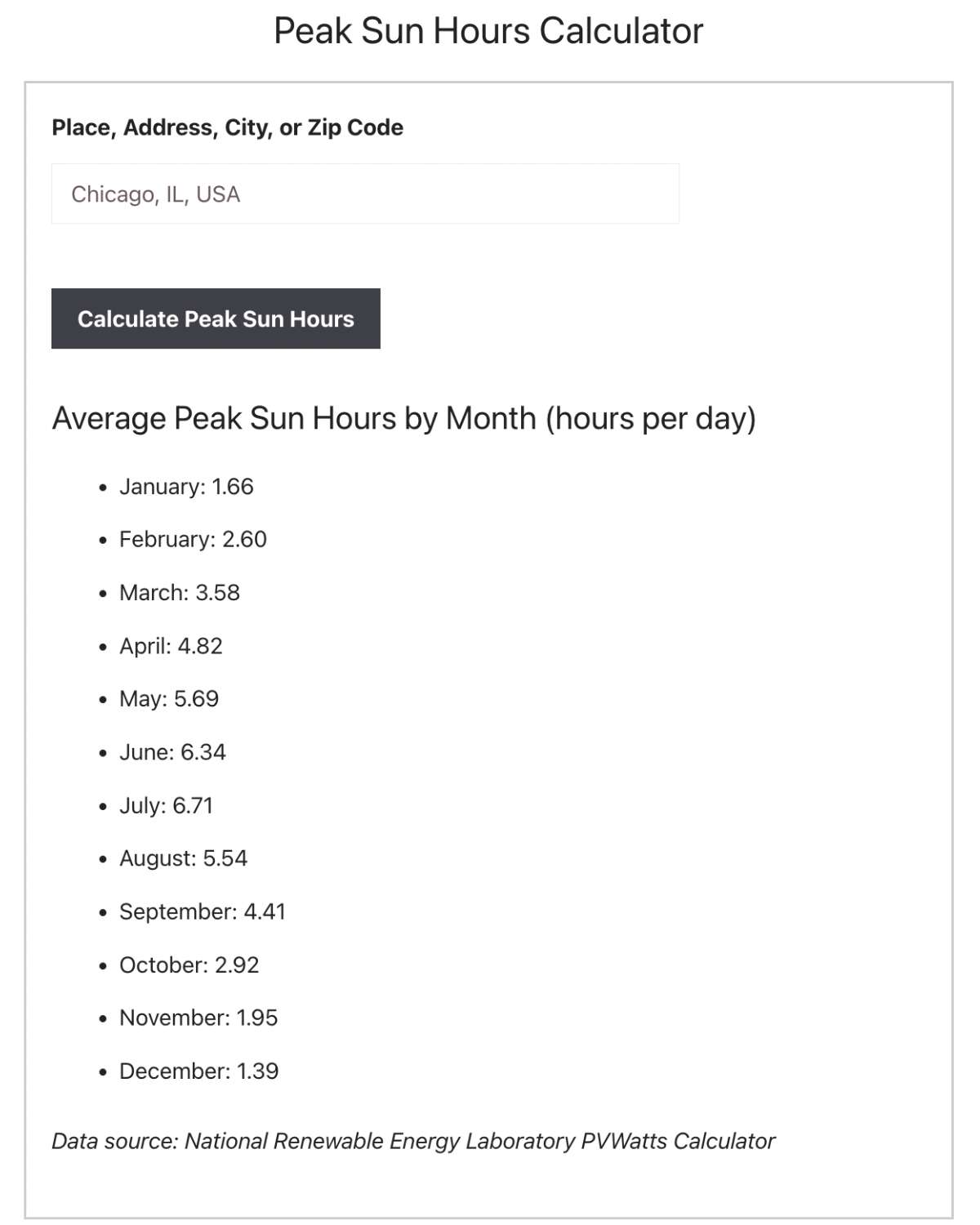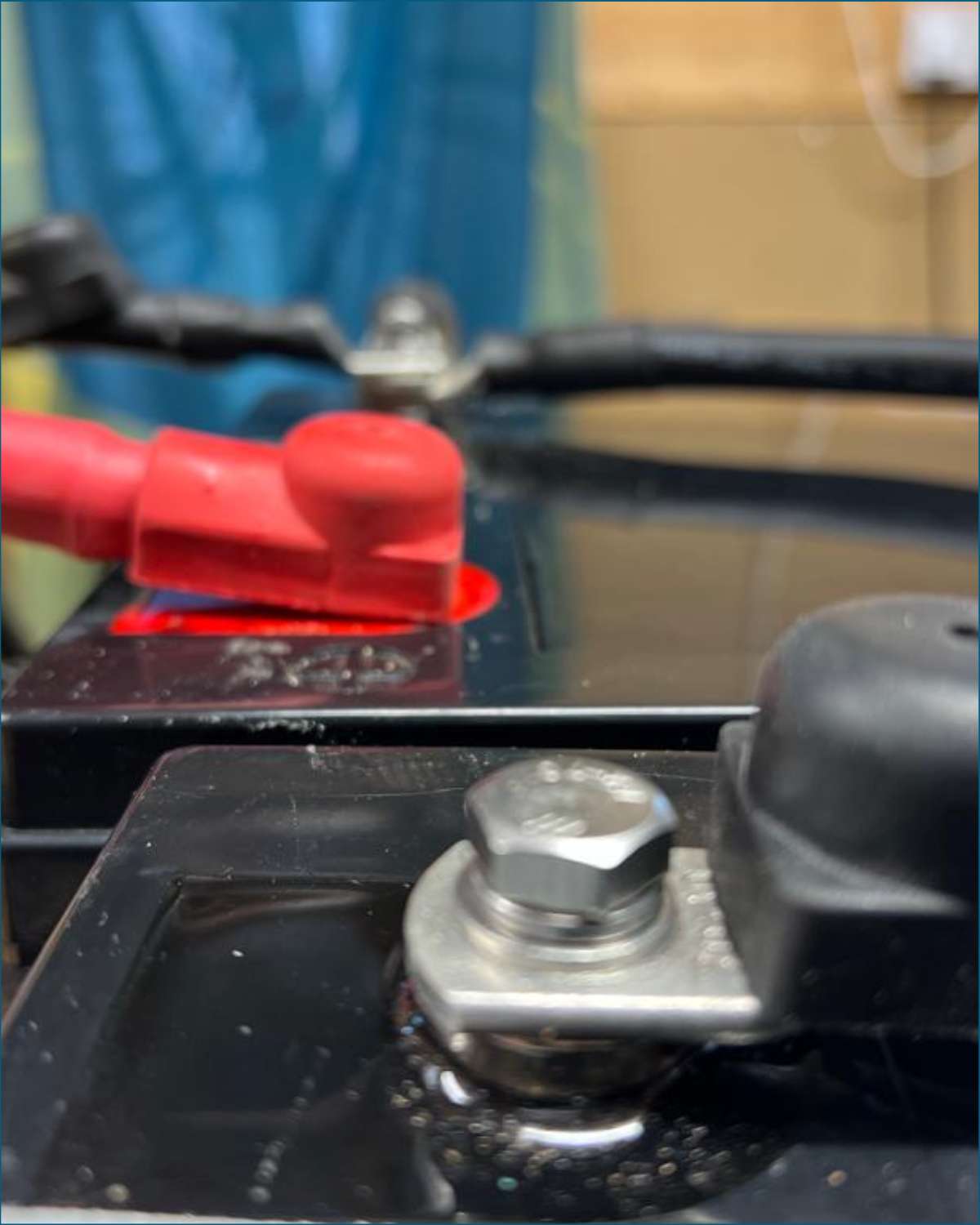Is your RV battery not charging? Find out why and learn effective solutions with our easy-to-follow guide.
You’re miles from civilization, nestled in the heart of nature with your RV.
The weather is perfect, the scenery is breathtaking, and you’re ready to enjoy a well-deserved escape from the hustle and bustle of daily life.
You’ve got everything you need until you realize your RV battery isn’t charging.
Your heart sinks as you imagine the worst-case scenarios – no lights, no heat, no power. Warm beer!
But don’t panic just yet.
While an RV battery not charging can be a daunting issue, it’s a problem many RVers face, and there are ways to troubleshoot it.
In this guide, we’ll walk you through:
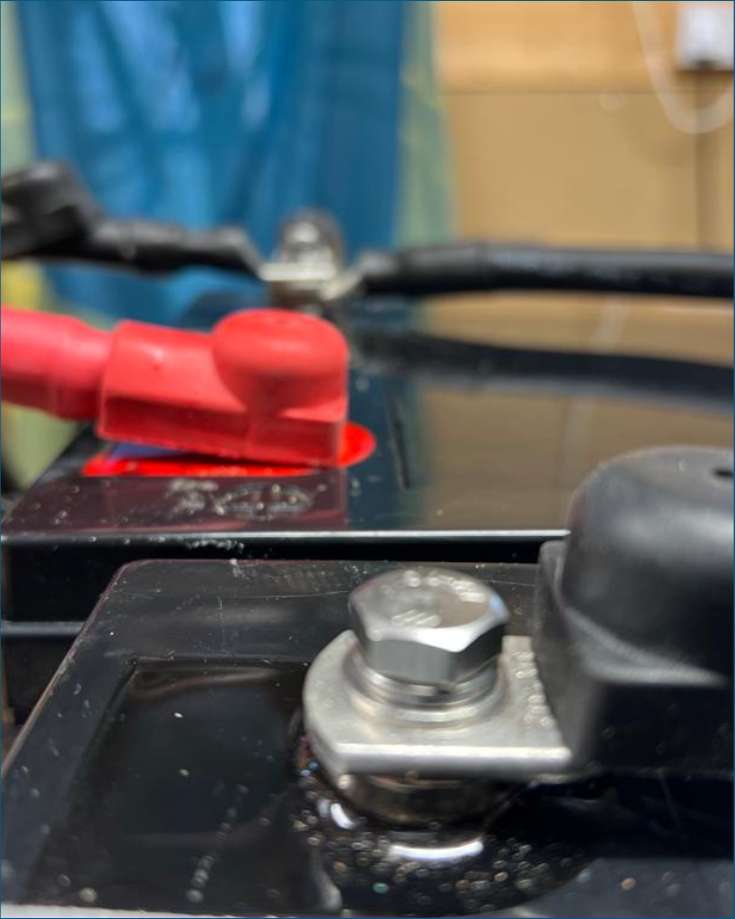
Diagnosing the Problem: Signs Your RV Battery Isn’t Charging
When faced with a suspected battery charging problem, the first step is to figure out if your suspicions are correct.
You’ve probably identified a problem because your battery monitor indicated:
- the battery’s voltage is low, or
- it seems to be falling faster than usual,
- it doesn’t seem to be charging or holding its charge.
Even with a power management system, you still need to troubleshoot methodically.
We know battery monitors aren’t 100% accurate, so it’s often just a suspicion.
So, how do you figure out if you actually have a problem?
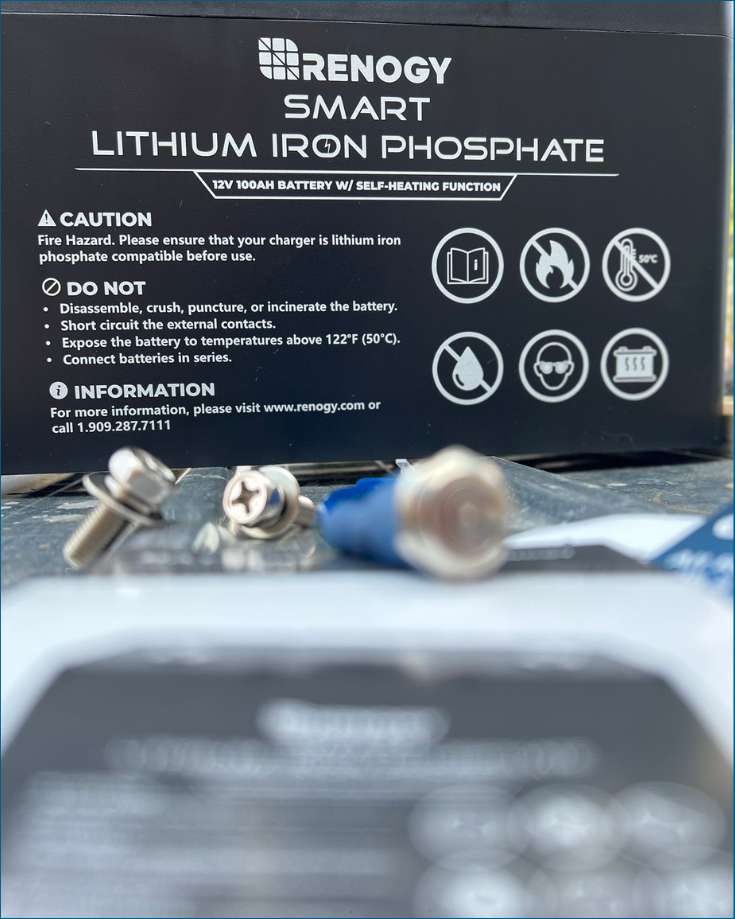
- Check for overuse. If you think your RV battery isn’t charging, check if you’re using more electricity than usual. An excessive load on the battery may be the cause of the battery levels being lower than expected.
- Switch off the Battery Disconnect Switch. Check if your battery disconnect switch is turned on, as it may be preventing your battery from charging. Turn it off and check the battery bank voltage again to see if it resumes charging.
- Test Charging Sources. To identify whether a charging source is at fault or the battery is the issue, measure the voltage of the battery daily around the same time. If you see more than a few millivolts lost over a few days, you may need a new battery. However, before testing the battery, checking each supply source is a cheaper option.
Note: you may need to use a digital multimeter to help with diagnosing the problem
Top Reasons Why Your RV Battery Isn’t Charging
Isolated Batteries
If the cut-off switch is not working or turned off, it can interrupt the electrical connection between the charger and battery bank.
This will prevent the batteries from charging.
Battery isolation is essential for power management.
However, it’s crucial to make sure that the isolator works correctly and that the batteries are appropriately connected to a charging source when necessary.
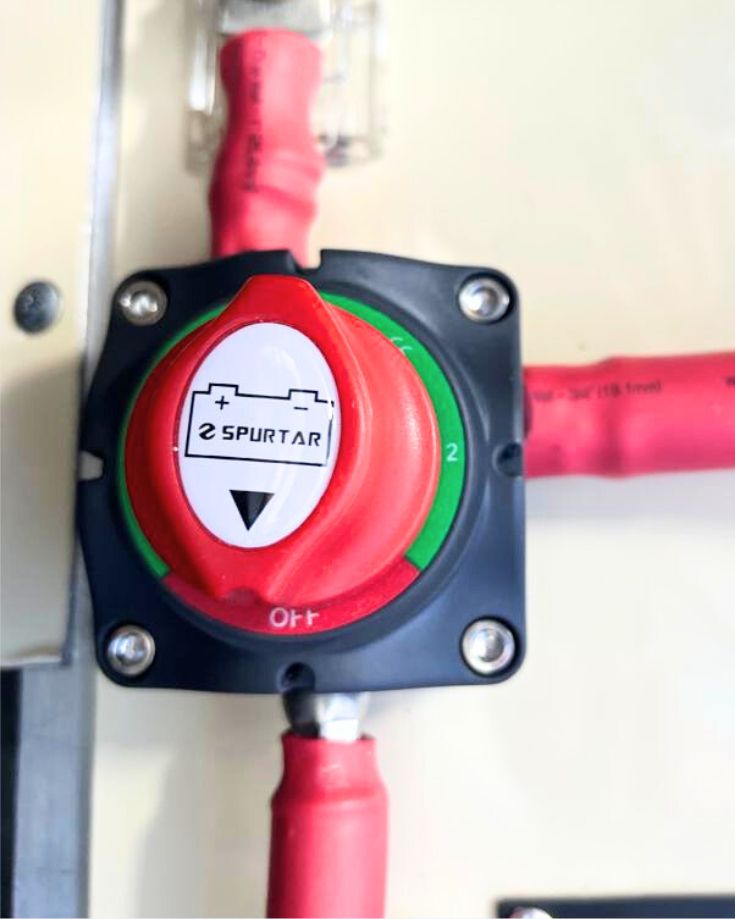
Forgotten Loads: The Silent Battery Drainers in Your RV
If you leave things like lights, fans, refrigerators, or entertainment systems on by accident, they can drain the RV battery without you realizing it.
This can make it seem like there is a problem with the charging system.
Before concluding anything, make sure you have no appliances left on.
Loose Connections or Damaged Cables
Loose connections or damaged cables can create significant problems, making it appear your RV batteries aren’t charging.
Regularly checking and tightening the battery terminals and other connections can ensure optimal charging efficiency.
If you identify a damaged cable, disconnect it from the power source to prevent further damage or safety risks.
In most cases, it’s best to replace the cable for optimal and safe performance.
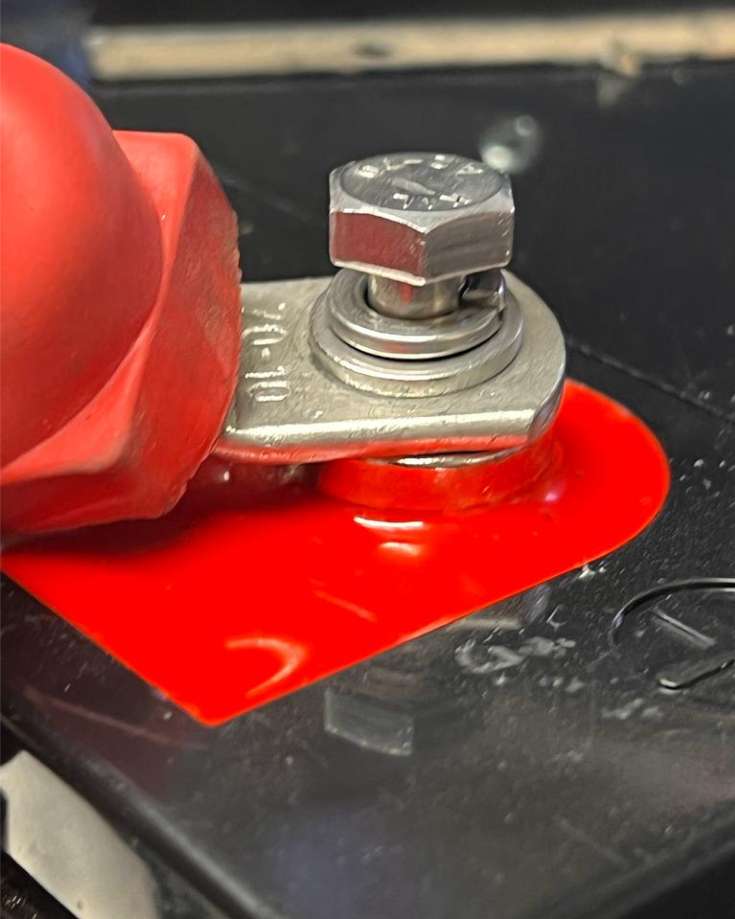
Using More Energy than You’re Supplying
Managing your power usage carefully is essential, especially when relying on battery power.
Using more energy than you’re supplying to your RV batteries can create a scenario where it appears as though the batteries aren’t charging, even when they’re connected to a power source.
Turn off unnecessary appliances, use energy-efficient settings, and ensure your charging source is sufficient for your power needs.
Faulty Charging Appliance
Charging appliances play a vital role in keeping your RV batteries powered up.
They include an:
- RV converter,
- MPPT solar charge controller, and
- a B2B battery charger.
A faulty charger can make it seem like your batteries aren’t charging, even when hooked up and ready to go.
It may not deliver the correct voltage to your batteries, resulting in an inefficient charge or not provide any power at all, making it seem as though your batteries aren’t charging, despite being connected to a power source.
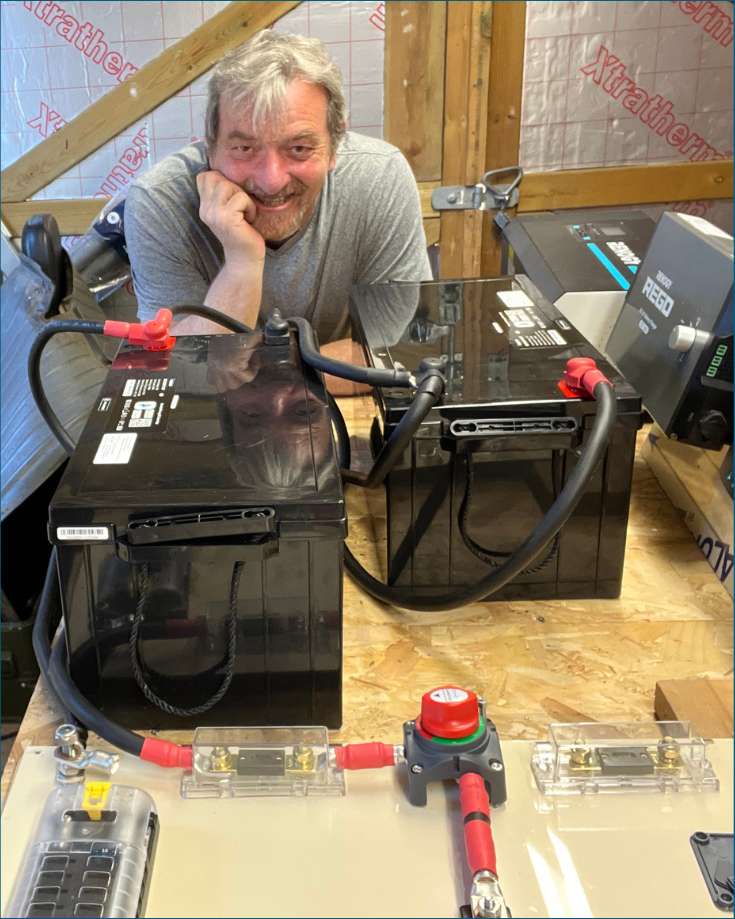
Technical Fault with BMS on Lithiums
The Battery Management System (BMS) plays a crucial role in maintaining your lithium battery’s health and performance.
However, a technical fault with the BMS can make it seem like your RV batteries aren’t charging.
When the BMS malfunctions, it may read the battery’s state incorrectly.
This can cause the battery to not charge properly and make it seem like there is an issue with the battery.
If the voltage readings on the battery, multimeter, monitoring system, and charging appliances don’t match, this could signify an issue with your BMS.
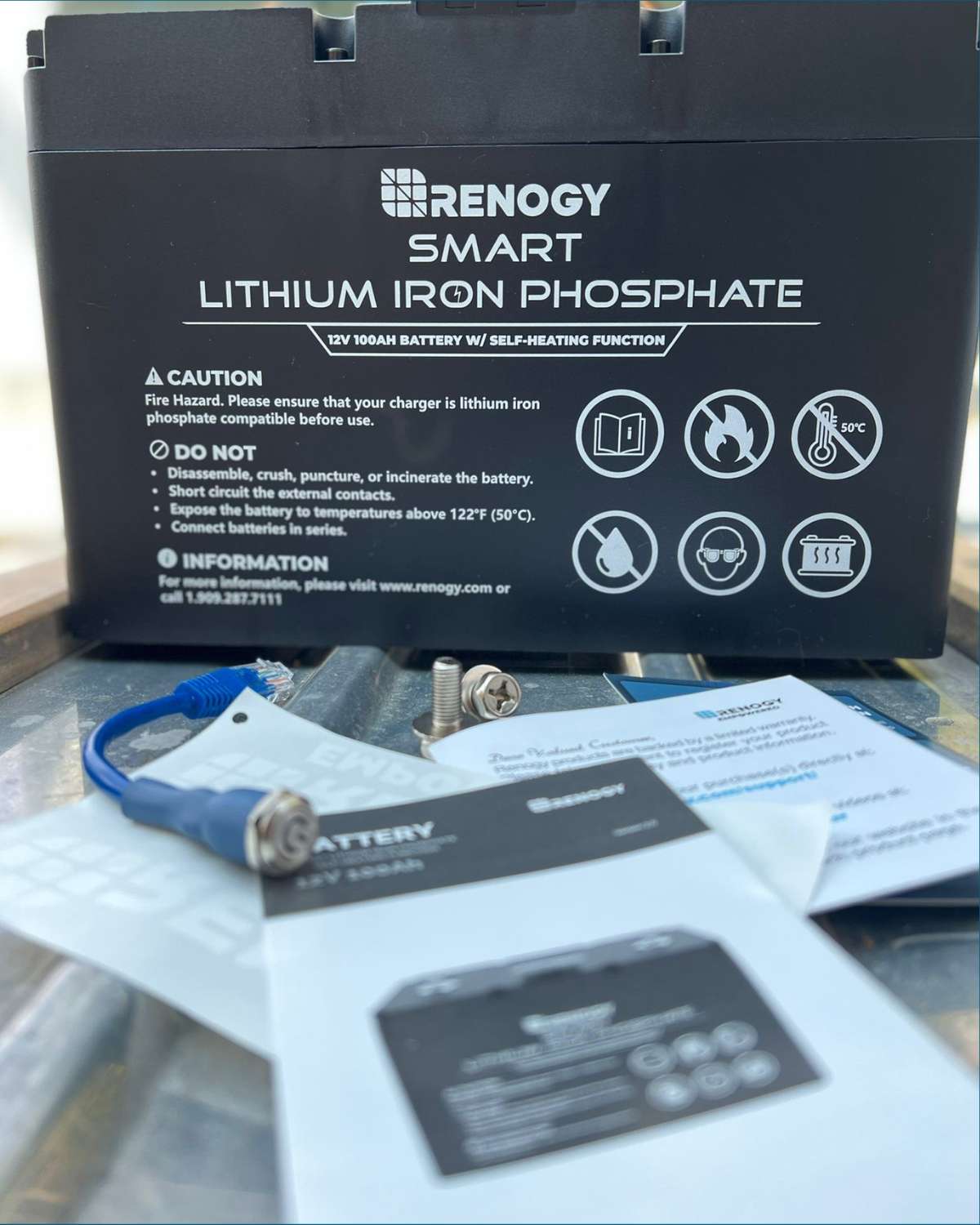
Batteries at the End of Life
When an RV battery reaches its end of life, it may no longer be able to accept and hold a charge effectively, even when connected to a charging source.
Alternatively, the battery may charge fully but then discharge rapidly when used.
In both cases, the issue isn’t with the charging process but the battery itself.
If you’re experiencing this, it might be time to replace your battery.
Check out our store for a wide selection of replacement batteries to ensure you can keep your RV powered up and ready to go.
In Conclusion
Ensuring your RV battery is charging correctly is a multi-step process that involves diligent power management, regular checks, and preventive maintenance.
It’s crucial to remember that often, perceived issues may stem from simple oversights such as a forgotten load, a turned-off battery disconnect switch, or even using more energy than your battery can supply.
It’s equally essential to be aware that more technical issues such as a faulty charging appliance, a malfunctioning BMS, or a battery at the end of its life could also be the culprits.
Armed with this knowledge, you can diagnose and troubleshoot confidently, ensuring your adventures on the road are powered reliably and efficiently.
Graham Bogie

Graham is a seasoned marine electrical engineer with two decades of experience designing customized electrical systems for plant machinery and converting campers and overland vehicles. His expertise has led him to author the reputable Campervan Electrics Handbook and become the chief designer of the RV Wiring Design Tool. As a knowledgeable figure in the field, his YouTube channel, blog, Facebook group, and newsletter, offering electrical advice and product reviews, reach more than a million users each year.

